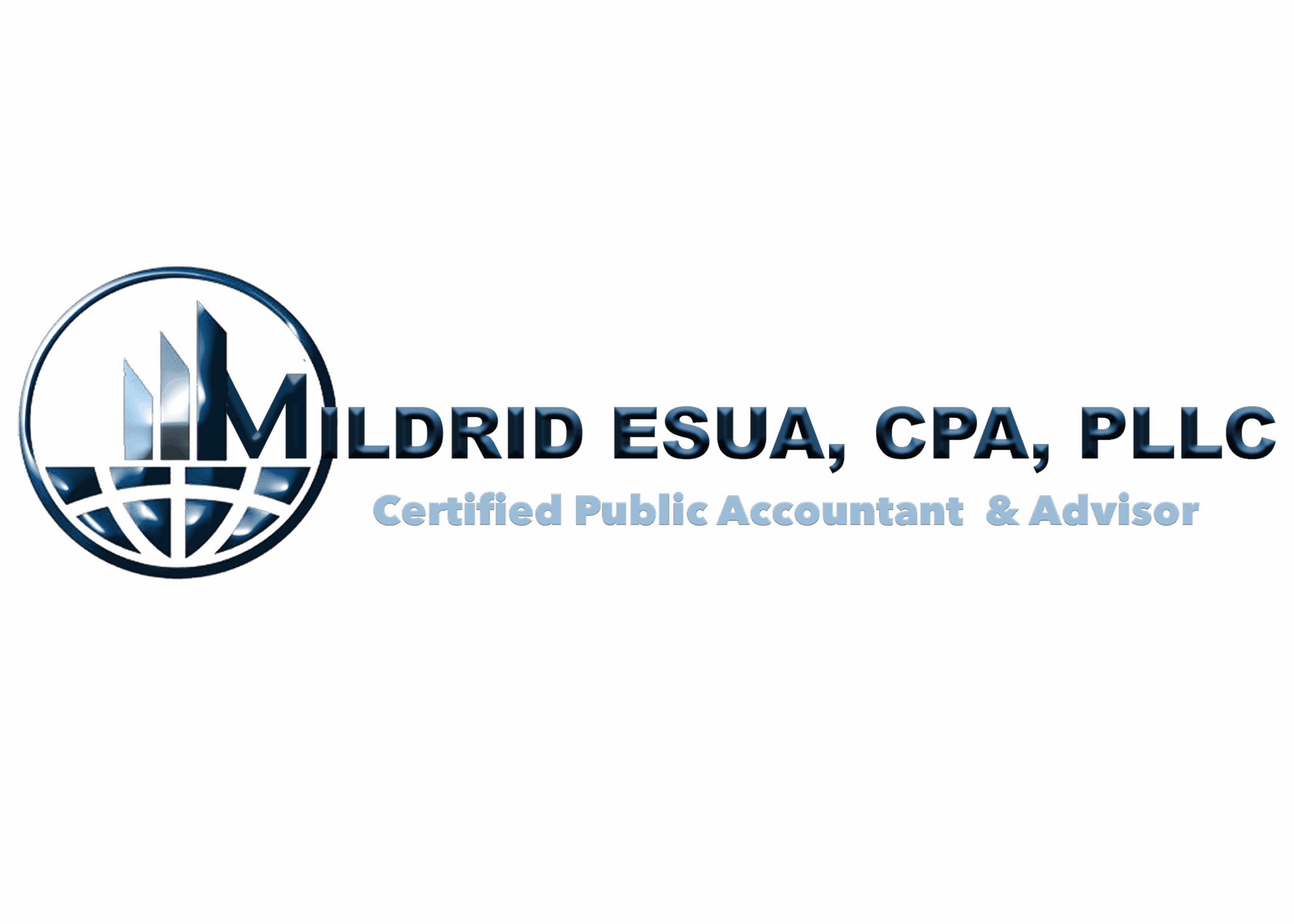If you think personal tax problems are complicated, imagine the ins and outs of corporate taxes. In addition to the complex mechanism of payroll accounting, payroll taxes can be a black hole, pulling in your resources and your time with no end in sight.
Tax resolutions services, which Mildrid Esua, CPA, PLLC in Greensboro and the Charlotte metropolitan area offers, can help fight the IRS, which targets small businesses for payroll tax violations. If you fail to file or pay payroll taxes, the IRS has nearly unlimited scope to put you out of business, sometimes without even a court order.
What Is A Payroll Tax?
The government collects a percentage of employee salaries or wages to fund national programs like Social Security, healthcare, unemployment, and workers’ compensation. These taxes are based on the wage or salary of your employees. The payroll taxes are itemized on the pay stub. As an employer, you must deposit and report all employment taxes properly otherwise payroll tax problems are unavoidable. Payroll taxes include:
Federal income tax-Social Security and Medicare taxes-Additional Medicare taxes-Federal unemployment tax (FUTA)
THE FICA TAX
Payroll taxes have to be taken out of earned pay, matched by you the employer and paid to the government according to specific deposit schedules. The two most common deductions, seen together, form the Federal Insurance Contributions Act (FICA) tax: Social Security-Medicare
Social Security tax — also known as the Old Age, Survivors, and Disability Insurance tax — is 12.4 percent, split equally between you and your employee, up to a maximum amount of $127,200 earned in a calendar year (as of 2017). This amount is known as the wage base limit.
The Medicare tax is 2.9 percent, also split equally between you and your employee. Unlike the Social Security tax, the Medicare tax has no wage base limit. For all income more than $200,000 in a calendar year, an additional 0.9 percent is levied as the Additional Medicare Tax, but this tax doesn’t have to be matched.
PAYROLL TAX DEPOSITS
The federal income taxes, as well as both your and your employees’ FICA taxes, must be deposited in a timely manner according to two schedules. It’s up to you and your tax accountant to decide which of the two schedules you’re required to use. It’s going to be either monthly or semi-weekly. All deposits must be done electronically via an electronic funds transfer (EFT).
All 100 percent of your tax liability must be deposited with the collecting agency on or before the due date. Penalties are applied unless you fulfill both of these conditions:
Any unpaid balance is not more than the greater value of $100 or 2 percent of the amount of taxes otherwise required to be deposited.
The unpaid balance is paid by a shortfall make-up date.
Depending on the schedule you chose, the shortfall date is the date by which all unpaid balances must be paid without incurring deposit penalties. Outsourcing the handling of your payroll taxes can help ensure that your finances are compliant with IRS filing and deposit regulations. The tax professionals, best rated Manhattan accountant at Miller & Company with locations in NYC and Queens stay up-to-date with the changing regulations to ensure that your taxes are filed properly and on time.

